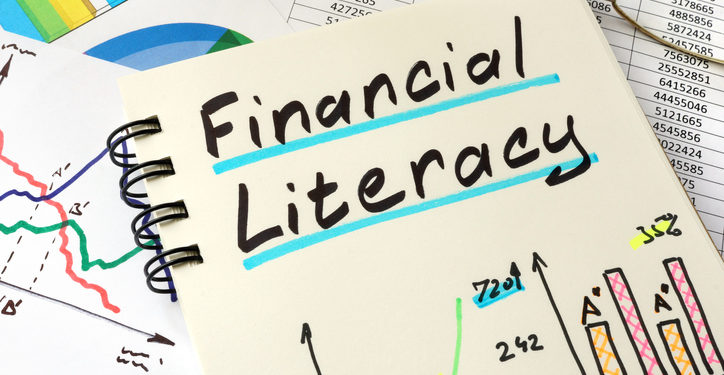Why Financial Literacy is essential tool
Few days ago in a meeting, someone spoke about how he had to take a Financial Literacy course online shortly after he lost his job; the silence in the room was deafening! The importance of his statement was lost on many, as financial literacy is not a topic taken seriously in this part of the world. To underscore the importance of this topic to the financial well-being of many, Google, in a data released in April 2019 to mark National Financial Literacy Month, stated that “What is financial literacy?”was the second-most-searched finance question in the past year. This is a testament that seeking financial knowledge is fast taking its root among many. This article will answer some questions you may have related to financial literacy.
What is financial literacy?
Financial literacy refers to a degree of financial education or know-how, or a basic understanding of money and how it works.
READ ALSO:Stanbic IBTC allays fear over NPL
“Financial literacy is having the education, information, and tools that will empower you to make the best financial decisions for whatever stage of life you’re in,” says Justin Halverson, a partner and co-founder of Minnesota-based financial planning firm, Great Waters Financial.
Unfortunately, many Nigerians struggle when it comes to understanding their finances, an issue that experts say is largely because we don’t learn about the topic in a formal way. We are really not prepared to understand the concepts of debt management, personal finance, stocks, budgeting, etc. In fact, many will prefer to read other forms of literature apart from finance related books, articles. Finance related programmes are often the least watched on television
Once you’re out of school and navigating issues in real time, it’s not always easy to learn as you go. Financial products can get complicated. There’s a lot of jargon. And professionals in the industry aren’t always required to work in your best interest.
“Unfortunately, many financial professionals operate in silos, or speak in such a way that finance is essentially its own language,” says Smith. “It can be confusing for most people and families to understand what they own and how it all works together. It leads to costly inefficiencies and missed opportunities,” he says.
READ ALSO: FO announces resignation, appointment of CEO, CFO
How to become financially literate
Grow your knowledge
If you want to increase your own level of financial literacy, there are a few key concepts to focus on. Typically, those include money management and budgeting, saving, investing, debt, and retirement planning. As for the “how” of learning, here are a few ways that you can get started:
Take a class, workshop, or seminar
There are numerous places you can take a basic personal finance class, including local colleges or universities, community centres, and even churches. I know of a church owned by a business newspaper that teaches how to succeed in the stock market. Pay attention to who is sponsoring the class, though – that can help you avoid one that’s really trying to sell you on a particular product.
Research online
There are tons of websites, videos, and tutorials available for free. Again, watch out for sources with sales-focused agendas.
Meet with a professional
Things can get complicated when you start looking at investing, buying a house, saving for your kids’ education, and ultimately, start thinking about retirement. That’s when it makes sense to meet with a financial professional, even if it’s just for a consultation.
Talk to people
Ask for advice from people in your life, who are financially successful. And learn from the mistakes that others, such as friends and family, have made.


